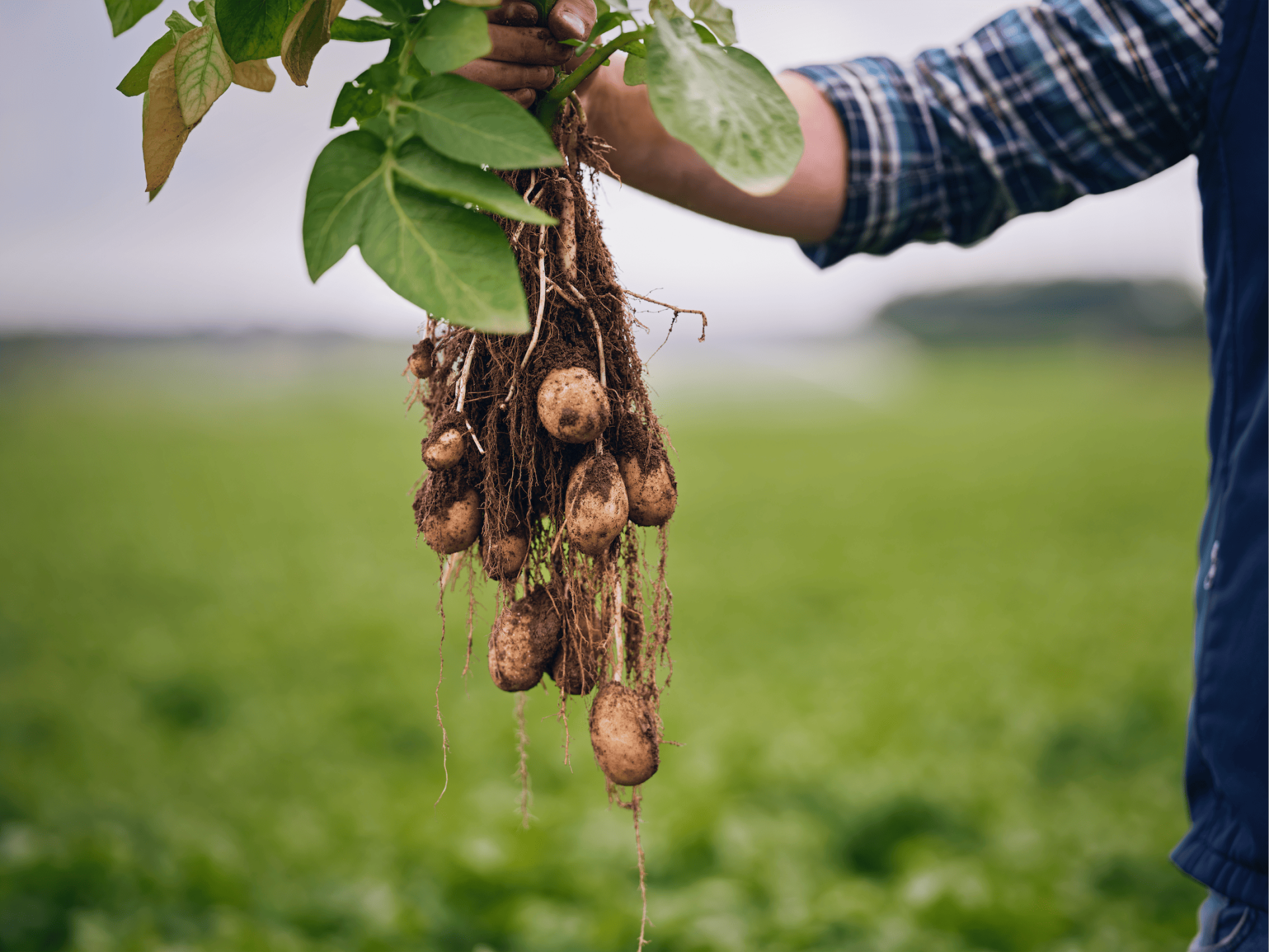
Eating Sustainably
At M&S, we recognise the global social and environmental challenges of producing food which is why we have a dedicated team of experts to innovate and find solutions as we adapt our food business to the effects of climate change. Discover more about how we're helping our customers by introducing lower carbon products, localising sourcing strategies and promoting behaviour change.
Sparking Change
Customers tell us that, although they want to do more to protect the planet, climate action can often feel overwhelming.
That’s why in early 2022 we ran the ‘Sparking Change National Challenge’, sharing a range of resources designed to help our 14 million Sparks customers eat healthily and waste less food. The Sparking Change Challenge made sustainable living simple and fun, offering a flexible approach with no signup or big commitment required, just the appetite to take part.


Product standards
As one of the most trusted brands on the high street, we have a responsibility to reassure our customers and key stakeholders that our products are safe and sourced with integrity.
To do this, we must look beyond our operations to the wider supply chain, where the biggest impacts occur.
Our comprehensive policies, codes of practice, and guidelines set out our minimum requirements for suppliers to adhere to in order for us to meet our commitment to customers to deliver products that are safe, legal, high quality and produced with integrity.
Our technical requirements are expected to be fully understood at a senior management level and communicated to all staff involved in producing our products.
Find out more about our approach to product standards in the links below:
Clothing & Home
We make our clothes to last, using materials that have been sourced with care – so our customers can look good, feel good and do good.
With the M&S promise, our customers can be confident that our clothes are made with respect for people, communities, and the planet. We want to play our part in creating a more sustainable fashion industry and as the UK’s largest clothing retailer, we know that we really can make a difference.

Look Behind the Label
We’ve relaunched our iconic ‘Look Behind the Label’ campaign, which brings to life the action we’re taking to do right by the planet.
Our customers have told us that climate action can often feel overwhelming. They want to do the right thing when they’re shopping, but sometimes it’s confusing and hard to know where to start.
We want to share the stories behind our products with customers to give them the power to make the right choices. Covering a wide range of ESG topics, customers will be able to look behind the M&S label on the new M&S Look Behind the Label hub.
As the campaign develops we will share a wider range of product stories from our leading animal welfare standards and how we’re supporting workers in our supply chain.







